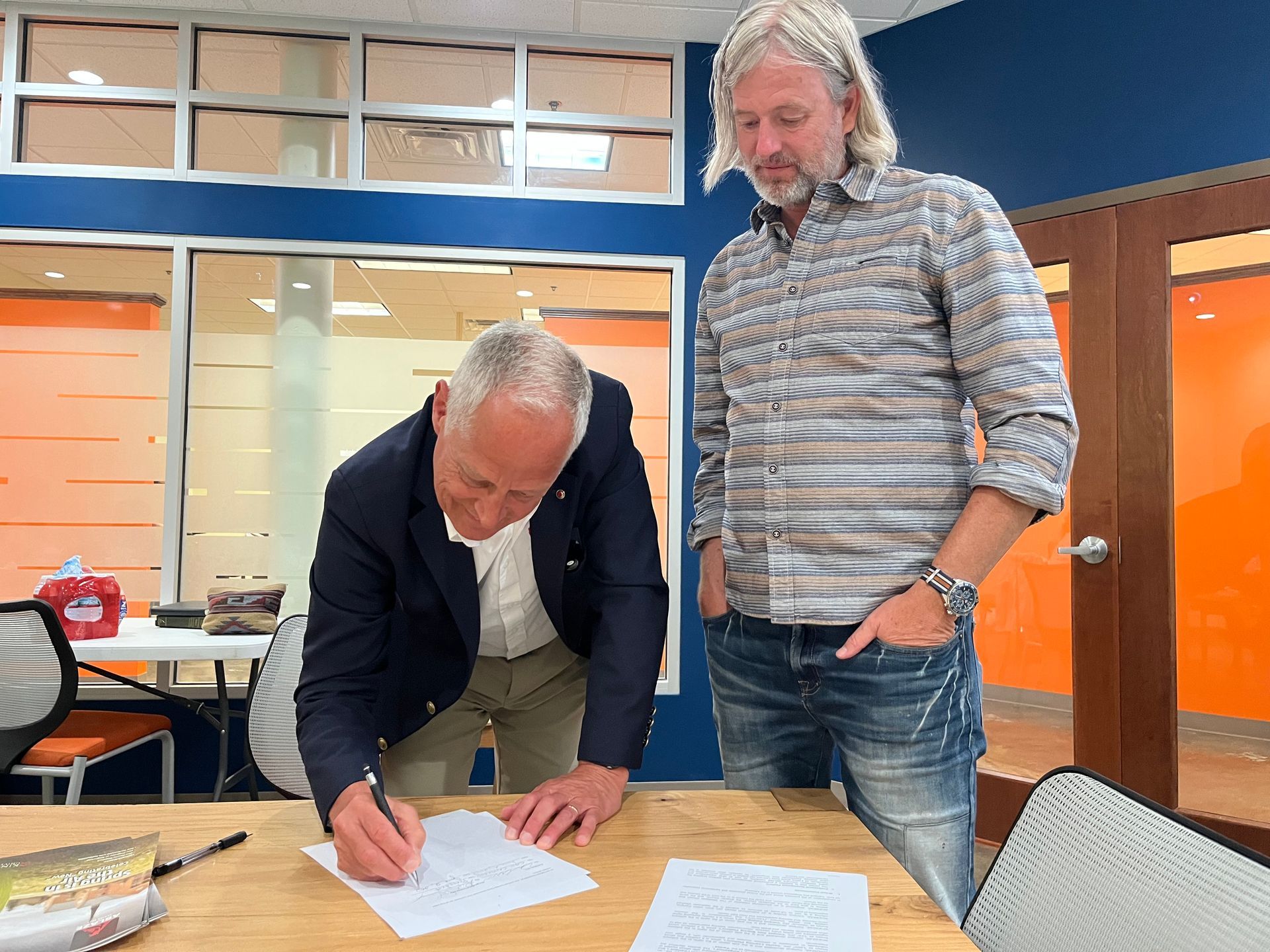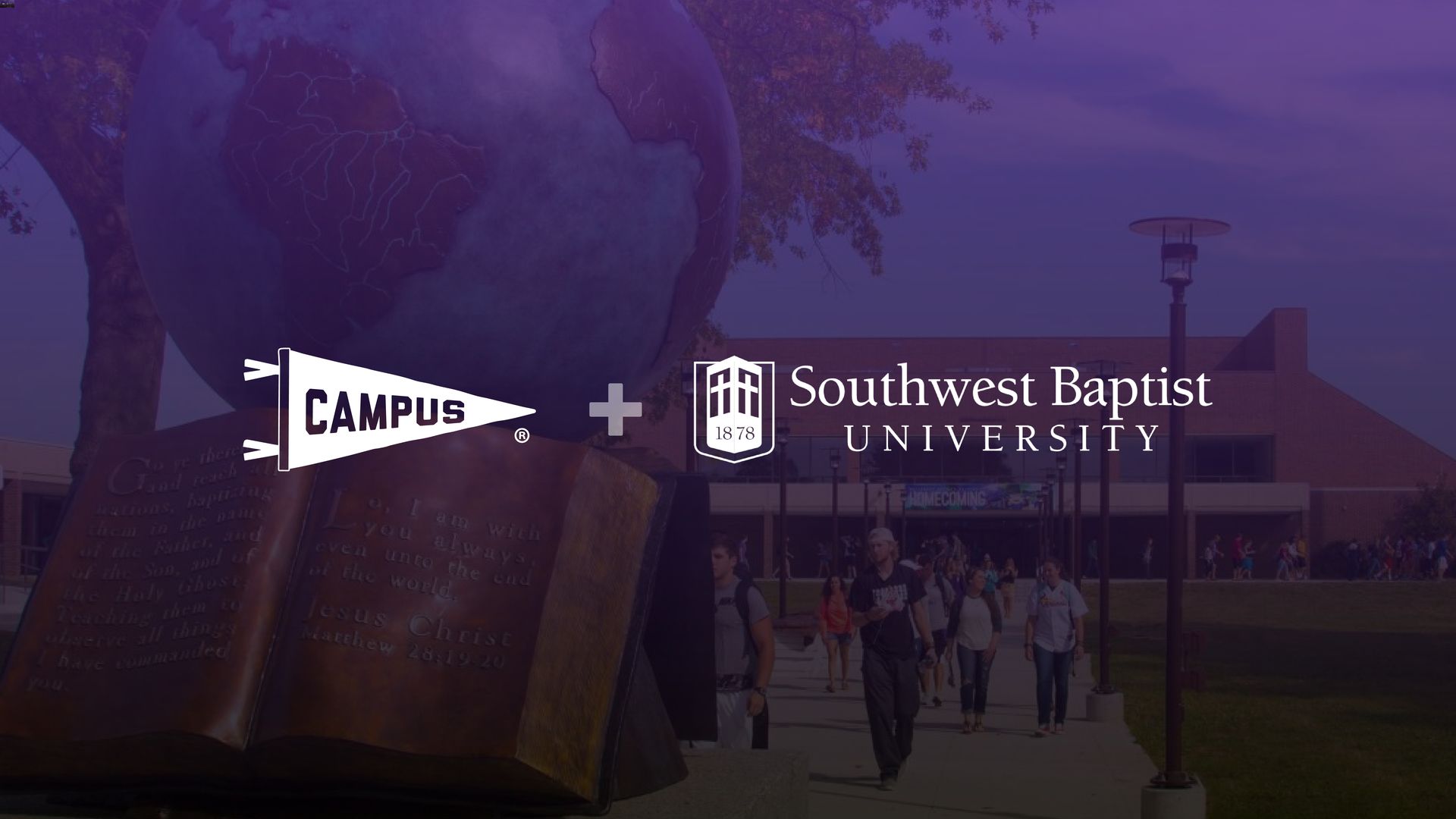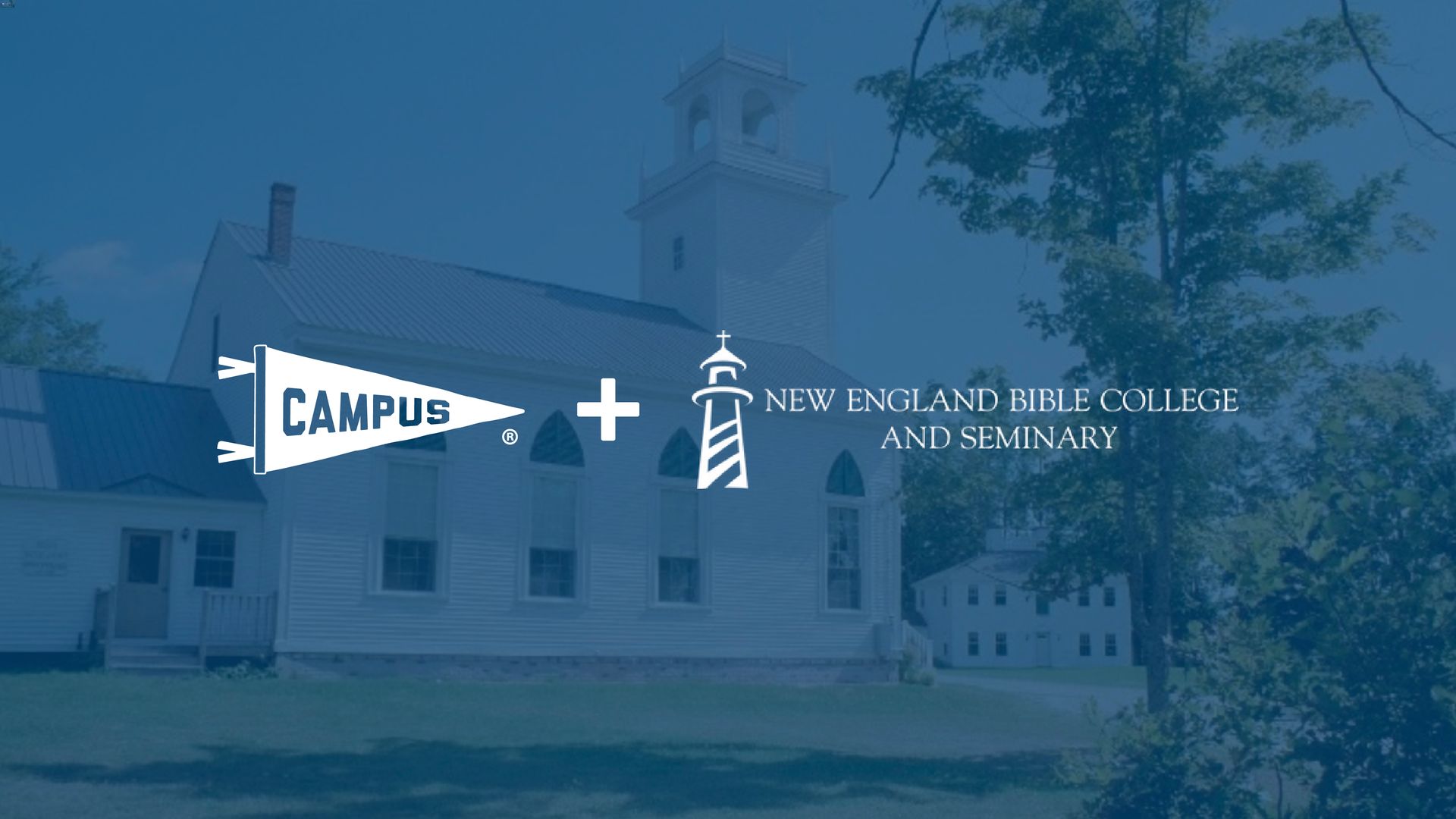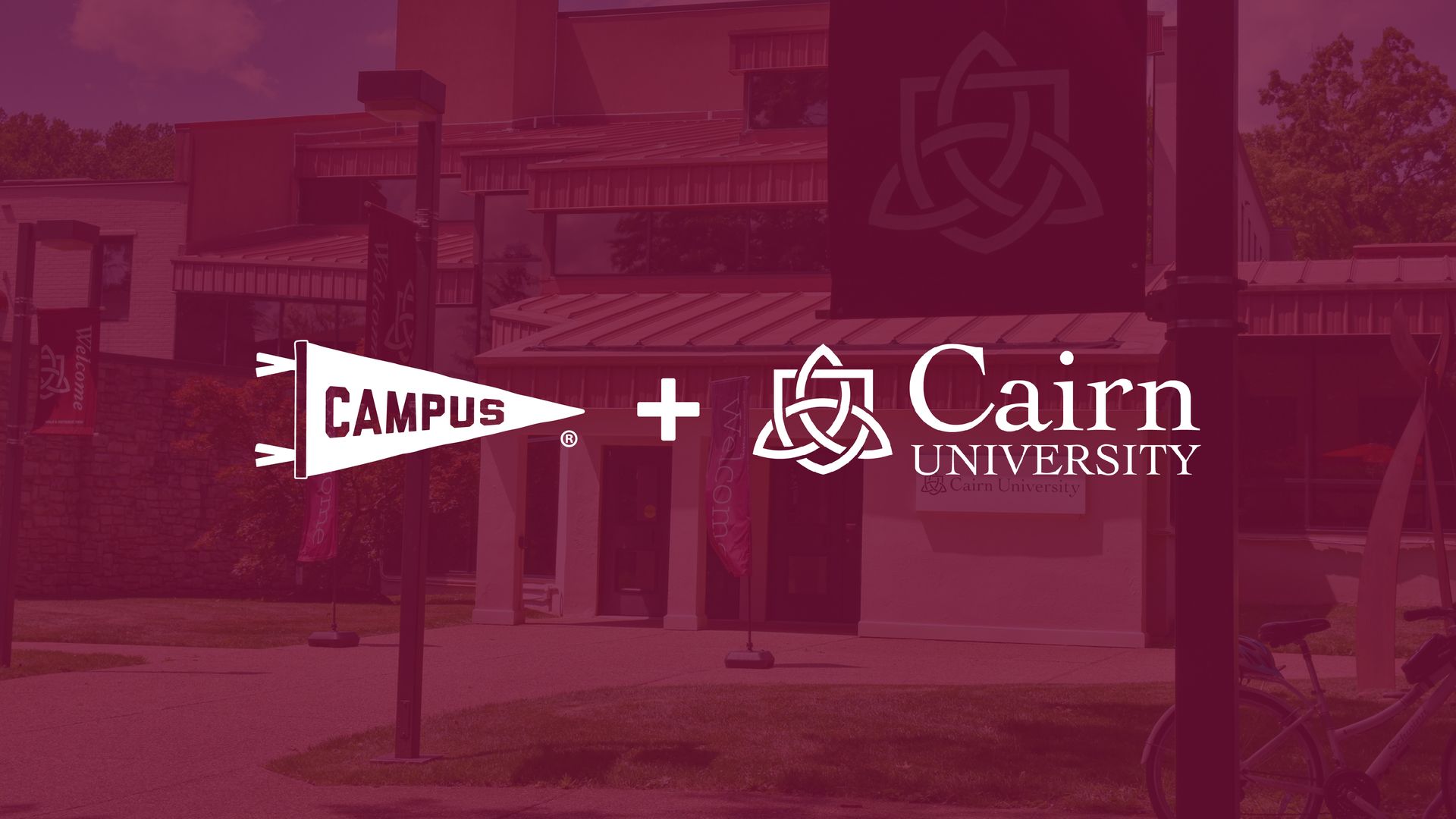Why Campus: Enriched Curriculum
Ken Schenck
November 22, 2021
This is a subtitle for your new post

Why Campus: Enriched Curriculum
Written by Ken Schenck
Last week we finished videoing an online biblical Hebrew course for Houghton College. This course is a microcosm of one aspect of Campus Edu. Even though most of the Bible was written in Hebrew, it is not a language that most Christian colleges can offer. Similarly, we are using a software called Biblingo as the "textbook." It is interactive and brings the best of modern linguistic expertise to bear on learning the subject. The course is a wedding of old and new approaches, and it makes possible a pathway for those who had been learning Hebrew on their own to get academic credit for it.
This course represents another reason why many Christian colleges would greatly benefit from Campus Edu. There are a host of rich subjects that many colleges cannot offer either because they do not have the personnel or because they do not have enough students interested to make it cost-effective. These courses, programs, and professors are the first to go in a budget crunch.
Campus makes it possible for your students to take a wider and richer variety of subjects than is cost-effective for most individual colleges to offer on their own.
1. More Choices, More Students
Let's say there are two restaurants. One restaurant owner says, "It will be more cost-effective for me to only offer four basic foods: hot dogs, hamburgers, french fries, and mac-n-cheese." A restaurant like that could go, especially if people really liked the way they did those basics. [1]
But let's also say there's another restaurant nearby that offers those same four foods but also has found a cost-effective way to offer ten other menu items by collaborating with other restaurants. Maybe each restaurant in that partnership has a specialty but shares its basic item with the others. [2] Which of the first two restaurants do you think will get more business on average? It's the one with more options while also having a distinctive.
These last five to ten years have been a season of budget cuts at many colleges. The first to go are the "luxury" courses. I know a college that used to offer French, Latin, and German along with Spanish. Now it can barely afford to offer even Spanish. I know another school that came within a hair's breadth of eliminating its Spanish major in the last budget sweep. However, it has had a perennial problem finding professors to teach in its program.
These cycles of budget cuts and personnel scarcity can create a downward enrollment spiral. If a set of courses or majors like these are under-enrolled, it is logical to cut them and let a professor go in a budget crisis. It may initially be a net financial gain, even if you lose the trickle of students that were interested in that major.
But like the restaurant that only offered four foods, the lack of options in itself will increasingly drive students to other colleges. Eventually, you might find yourself cutting the department in which that major was located. A college can cut the "frills" to such an extent that it has nothing of any distinctiveness at all to offer. More than one college has cut until they find themselves asking, "Why do we even exist?" It is less expensive just to offer basic mac-n-cheese, but that restaurant probably isn't going to survive. [3]
Campus provides a way to cut those courses if necessary but still provide them as options to your students. For example, Gordon College has put a Latin course on the platform. Even big Christian colleges rarely offer Latin. I knew one that did every two or three years because it happened to have a professor who knew it and who was willing to teach it as an overload.
Now any college can offer Latin every semester. Lithuania Christian College is doing German through Campus. Campus is building a repertoire of language courses so that a student at any partner school might soon be able to get a minor in World Languages. Russian and Mandarin are on the way. How many Christian schools have anything close to offer on their own?
No need to cut that Spanish major now. A college can collaborate with two or three other colleges so that the major is possible between them on the Campus platform. The same could be done with engineering or computer science or any subject really. It is a way to cut budget if necessary without cutting the options.
2. Utility, the Enemy of Depth
There is a certain practical mindset that must take over in hard times. In a fire, you don't have time to go around saving a lot of items of great significance to you. The game is survival.
The world of the academy is often a never-ending struggle between the practical and the ideal. The administration is typically forced to focus on the practical, on the fiduciary. By contrast, most faculty are focused on a sense of quality education and depth. It is the way the system is built, and problems ensue if an administration gets too idealistic or a faculty has no sense of depth or quality.
Most people view education as a path to a job. That's practical. That's real. By contrast, the problems that ensue if a college is just about "training" with no real "education" are harder to identify. They're more intangible. They show up in a dysfunctional society that can't tell when politicians or the media are hoodwinking them. It shows up in a church that is high on emotion but has no substance. It can lead to a society where people are easily driven and tossed by the winds of the moment because they have no depth of understanding.
For example, practicality can understandably drive a ministerial program to just the basics. I've created these sorts of programs before. You can reduce most of the subjects a minister must know to a list of ten to fifteen courses. Biblical Greek and Hebrew are not on the list. The curriculum becomes a mile wide and an inch deep.
Yet there are a lot of weird things that come out of Christian pulpits out there. There are lots of popular understandings of the Bible that wither away under the eye of real expertise. Yet budget fires are the enemy of depth in these areas. You can survive easily enough without those classes and teachers in the short term. In fact, professors may never have actually taught those courses in a way that instilled the true depth anyway--another very real problem. But there are long term costs to removing the "depth" subjects.
What if Campus made it possible for networks of schools to provide not only the essentials but the depth as well? By dividing the task, not only can each school focus on its areas of strength in both teaching and subject matter. Together the network of schools can provide useful training and a depth of education at the same time, while saving the exorbitant costs of "depth."
3. Silos Breed Mutation
There's a reason why cultures don't generally let people marry within their immediate family. It has a bad effect on the gene pool. It weakens the next generation, making it less likely for that line of offspring to survive.
Siloing within education can have the same effect. Bad ideas can pass on if there aren't any outside voices to sharpen or challenge them. Students can be cheated of "stronger genes" from other sources. You don't always notice the weaknesses if you aren't exposed to anything else. You only know what you know. Individual professors themselves can go into a siloed tunnel that would be greatly enriched by knowledge in other subjects.
The book Range is about how those who only have knowledge of a narrow subject can be good at analyzing the past but have a poor record at giving recommendations in their field about the future. [4] The book shows how the cross-fertilization of multiple areas of experience and knowledge can actually result in better predictions and solutions than a subject-matter expert who has really deep knowledge of just that one area. It is actually a strong argument for the general education curriculum of high schools and colleges, even if they might need some significant overhaul in approach.
The chapter using American-Soviet relations as an example was particularly interesting. [5] A study in 1984 by Philip Tetlock basically concluded that the experts--who knew the language and the most about the past--were not particularly good at predicting the future in US-Soviet relations. This was especially true if they did not collaborate with others or only had a very narrow knowledge in one area. One year, a group of smart amateurs who had a strong general base of knowledge out-predicted the specialists by a significant margin.
The bottom line is that Campus is facilitating the interaction of Christian colleges and their professors around the world. This is an obvious win for students, but it is also a win for truth. The internet has helped burst the bubble of ignorance in one way--we cannot hide ideas from people any more. But it has also created an overload where we don't know who to believe or listen to.
The Campus network provides a context in which "iron sharpens iron" (Prov. 27:17). Although it is disruptive, bad ideologies will have less and less room to hide when students have the ability to sample multiple voices. I have often mused that professors and pastors sometimes forget that they are always hearing the same professor or pastor all the time, namely, themselves. It's easy to say dogmatically, "This is how it is and everyone else is wrong" when you're the only one talking in the room. Dialog shatters our blind spots and exposes “straw men.”
Networking in education is a strong force against the problem of intellectual blindness. The student will better be able to sift between what is idiosyncratic or fallacious and what seems to actually represent prevailing wisdom. In this way, Campus is good for truth. It means Campus is definitely good for students. And, in the long term, networking platforms like Campus are good for society.
[1] Consider Jim Collins' hedgehog principle in Good to Great: Why Some Companies Make the Leap... and Others Don't (New York: HarperCollins, 2001), 90-119. This restaurant's "hedgehog" might be, "We just do the basics."
[2] Thus its specialty would be its hedgehog.
[3] Macaroni Grill has a lot more than just basic mac-n-cheese, even though that is its hedgehog.
[4] David Epstein, Range: Why Generalists Triumph in a Specialized World (New York: Riverhead, 2019).
[5] Chapter 10.
The Campus Blog




